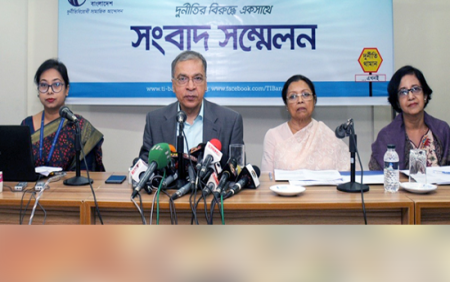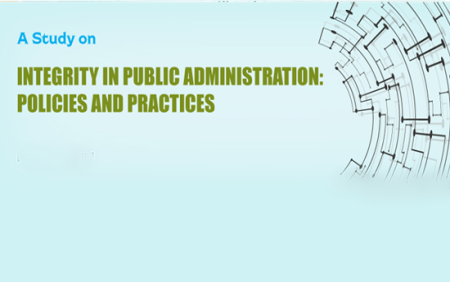Published: 15 January 2019
Good governance and integrity are pre-requisites for democracy, which is based on a free, fair and participatory election. For this kind of election, a proper process needs to be followed. Although the Election Commission (EC) is constitutionally responsible for conducting elections, other stakeholders including the government along with the administration, law enforcing agencies and other public entities, the political party/ alliance in power, the opposition party/ alliance, candidates, the civil society, the media, election observers, and voters play significant roles.
It is observed in earlier researches conducted by TIB in 2007 and 2009 on election processes that in the context of Bangladesh the political parties and the candidates nominated by them had a tendency to adopt unlawful means to win in the national parliament election, and to violate the electoral code of conduct at different stages. The recently organised 11th National Parliament Election is the first election after the cancellation of the provision of caretaker government for holding election where all the parties have taken part.
The role of the national parliament as one of the national integrity institutions is very important in establishing good governance and preventing corruption, as one of the major roles of the Parliament is to ensure accountability of the government. Reviewing the electoral process is equally important since the Parliament is formed through elections. This research has been undertaken as a continuation of previous researches conducted by TIB on the election commission and electoral system, and in consideration of the felt need for reviewing the electoral process of the 11th National Parliament Election.
For details please follow the links below.




